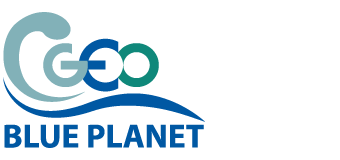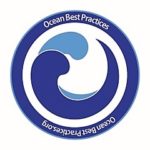Ocean Best Practices System
The complexity of ocean observation is rapidly increasing as requirements for simultaneous biological, physical, and chemical ocean observations emerge to inform new societal and economic requirements. Yet, our ability to exchange the methods we use has become more challenging as traditional oral mentoring proves less sustainable at scale.
The Ocean Best Practices System (OBPS) supports the ocean observation community by providing a repository where best practices are reliably archived, accessible, searchable, and comparable across disciplines. The system consists of a sustained IODE global repository, a peer-reviewed Frontiers in Marine Science Research Topic
“Best Practices in Ocean Observing” and a training capability built upon the IOC OceanTeacher Global Academy. There are many benefits that are provided through this system. There are more than 600 best practices in the repository including standard operating procedures, manuals and other method description. This makes it easier to find and compare methods. The practices are assigned DOIs so they are permanently identified. OBPS is looking at a forum for community discussions about practices. For more information and to access best practices, go to www.oceanbestpractices.org. In addition, look at the recent publications in the Best Practice research topic at: https://www.frontiersin.org/research-topics/7173/best-practices-in-ocean-observing. OBPS also provides a monthly newsletter about the latest news and community trends. If you would like to receive it, send an email to obpcommunity@oceanbestpractices.org.
Best practices are essential part of the Blue Planet Mission of advancing and exploiting synergies among the many observing programs devoted to ocean and coastal waters coupled with improving engagement with a variety of users for enhancing the timeliness, quality and range of services delivered. We are excited to support this Mission.

